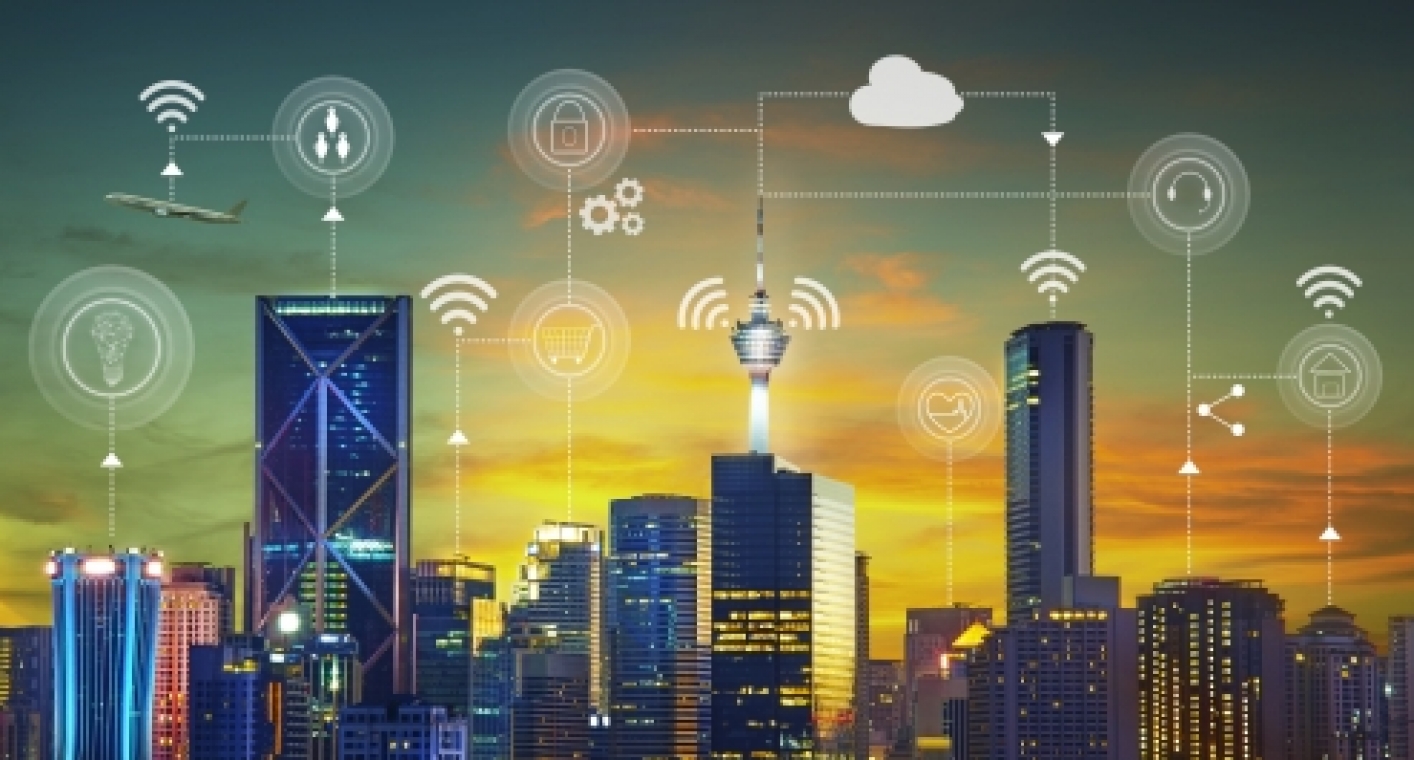
Background and request for advice
Digital technology is playing an increasingly important role within the Netherlands’ electricity system. A digitalised electricity supply system is emerging, where decisions relating to storage, supply and consumption are increasingly made with the help of pre-programmed or self-learning software. These developments are occurring in an electricity system that is also undergoing radical change in other respects. The use of renewable energy sources is increasing, more and more companies and individuals are generating their own electricity, and production is increasingly dependent on weather conditions. The continuity and reliability of the electricity supply is now even more important, not least because electricity represents a growing share of the ‘energy mix’. Any disruption of the power supply could lead to personal injury, physical damage and financial losses. A protracted power outage may also cause significant public unrest.
This advisory report focuses on how the government can fulfil its obligation to society to ensure an electricity supply that is not only clean and affordable but also safe and reliable, as the digitalisation of the electricity system enters a new phase in the coming years. What risks to the continuity of supply are raised by current and future technological developments? Are appropriate measures in place to manage these risks?
Three types of digital vulnerabilities
In this advisory report, the Dutch Council for the Environment and Infrastructure (Raad voor de leefomgeving en infrastructuur, Rli) analyses the vulnerabilities which may be introduced to the current electricity system by the ongoing penetration of digital technology. These vulnerabilities go further than the threat of deliberate sabotage of electricity provision by cyber criminals. They also include the potential effects of software design errors and the unpredictable ‘behaviour’ of the autonomous systems that are increasingly used to manage the electricity supply. The Council’s analysis of these and other vulnerabilities confirms that the digitalisation of the electricity system does indeed pose new risks to the reliability and continuity for which electricity provision in the Netherlands is known.
The Dutch government is devoting increasing attention to cybersecurity, and that is a welcome development. However, the Council notes that there is insufficient insight into other possible vulnerabilities associated with digitalisation, even though they may have a significant impact on society. The Council has also observed that the government is mainly focused on digital vulnerabilities affecting publicly owned networks. However, the stability of the electricity system as a whole is particularly threatened by vulnerabilities in elements that are not publicly owned.
Recommendations
The Council makes four recommendations in this advisory report:
Investigate the consequences of digitalisation in terms of the reliability and continuity of supply
Focus on the reliability and continuity of the electricity supply
Implement ‘no regret’ measures
For instance, preventive measures and incorporating current knowledge into standards
Create a knowledge infrastructure
This will support joint fact finding, with public sector authorities, grid operators and the market parties within the electricity sector encouraged to share their knowledge
Seek cooperation at the European level
In the area of research, product safety requirements, and pan-European network codes
Publication
On 15 March 2018, the advisory report ‘Electricity provision in the face of ongoing digitalisation’ was presented and accepted by State Secretary Keijzer of Economic Affairs and Climate Policy, and also submitted to Minister Wiebes of Economic Affairs and Climate Policy, Minister Grapperhaus of Justice and Security, the Speaker of the Dutch House of Representatives, and the President of the Dutch Senate.
Mini-conference on 24 April
In order to further elaborate the recommendations made in the report, the Council will organise a mini-conference on 24 April in The Hague (from 18:00 to 20:30 hrs). This event will be headed by advisory committee chair Annemieke Nijhof, and will be attended by Sandor Gaastra, Director-General of Energy, Telecommunications and Competition. Further information will be provided when the programme and speakers have been finalised.
Further information
For further information, please contact project leader Douwe Wielenga by e-mail at douwe.wielenga@rli.nl